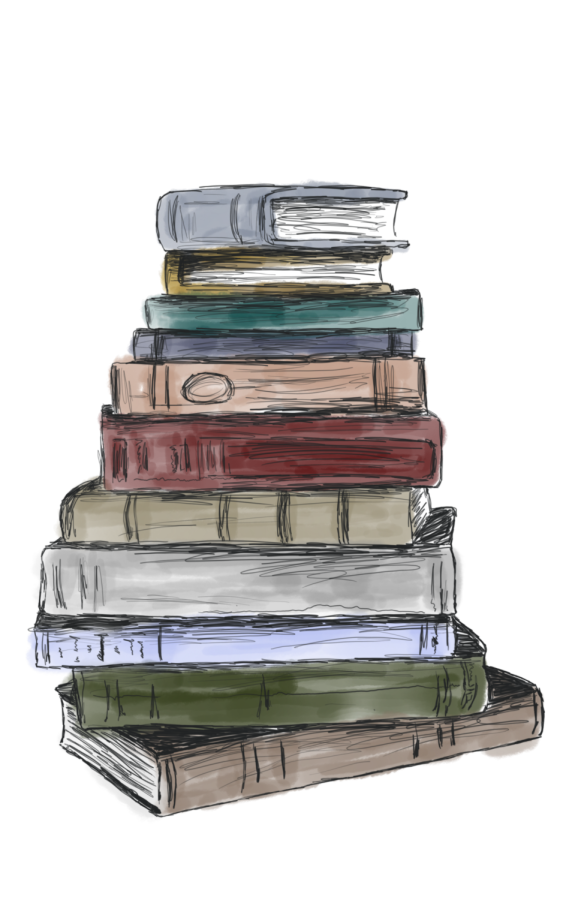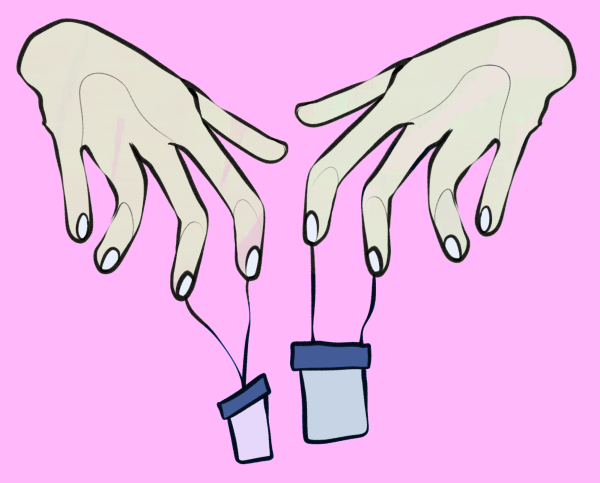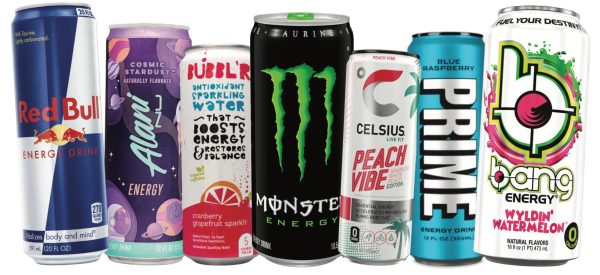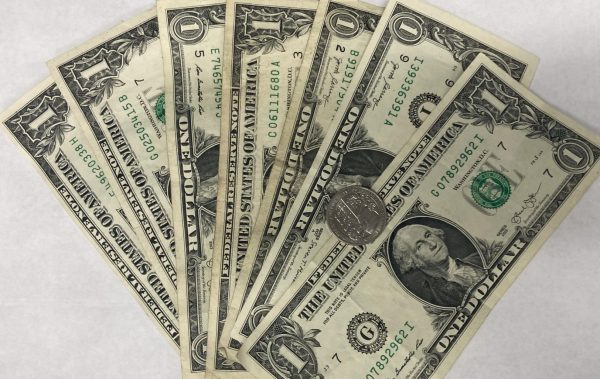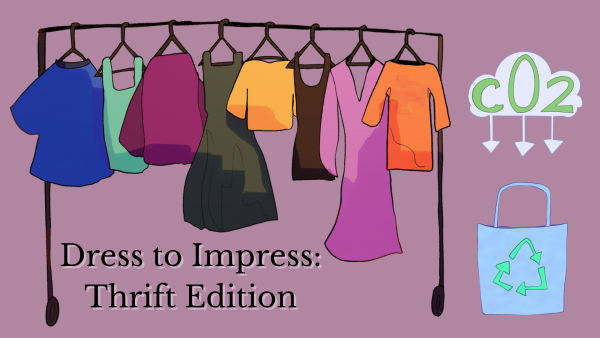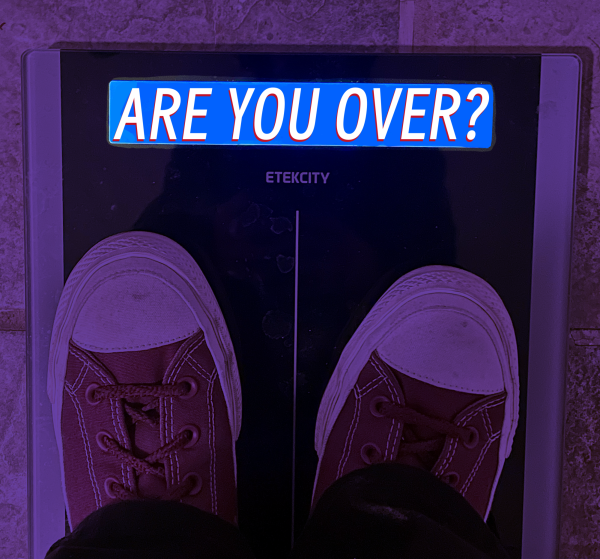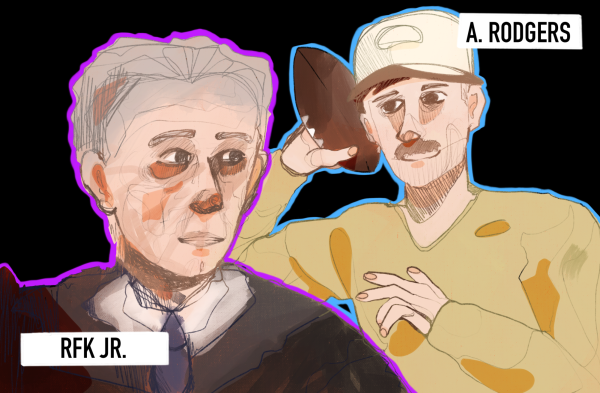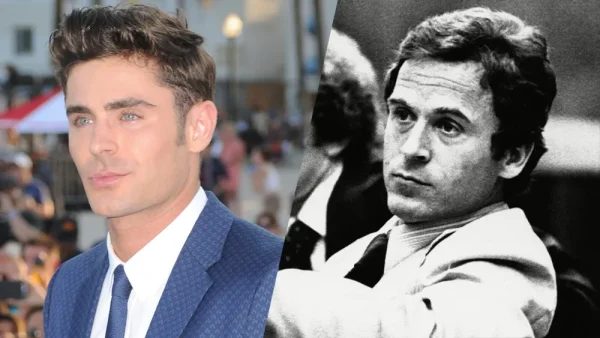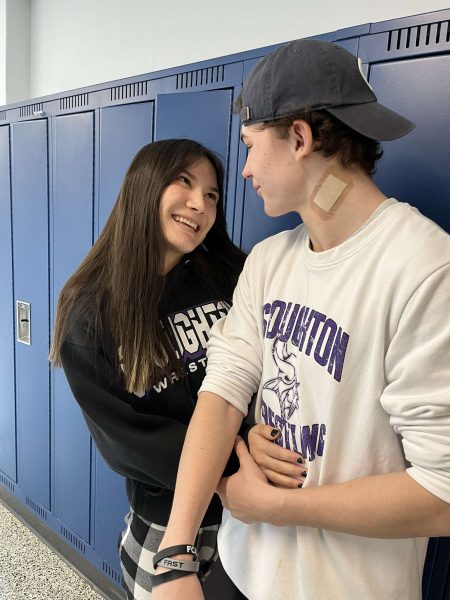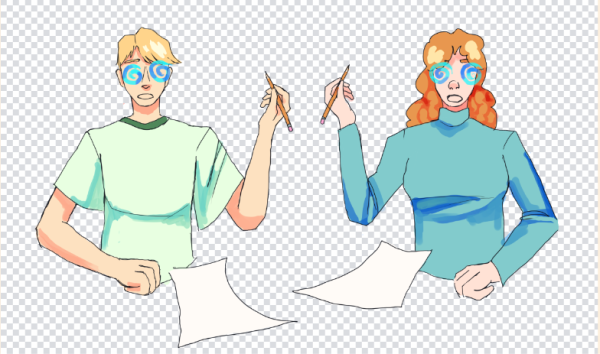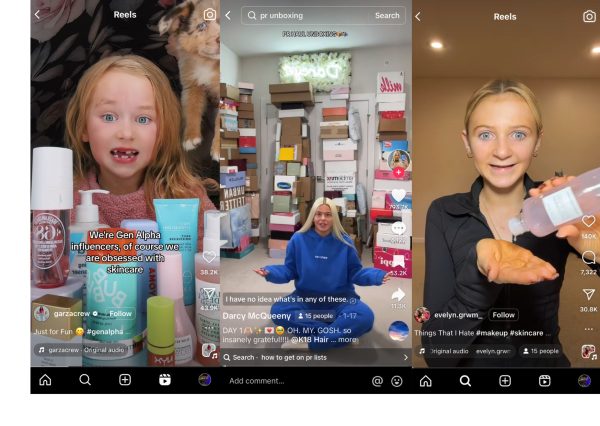Poetic Justice
Poetry is what happens when your mind stops working and, for a moment, all you can do is feel. When everything around you fades away, you’re left with thoughts swimming around in your mind which yearn to be expelled in numerous ways. It exists without the limits of the testy rules of other forms of literature, yet has flexible rules for itself. It tends to have a mind of its own and grows its own personality, its own energy.
Poetry, in essence, is a living, breathing, speaking, wondrous human creation with no rules. So why the hate? Why the harsh generalizations and stereotypes that shrink poetry to fit into this confined space it wasn’t meant to fit in?
There is this idea that we’ve instilled as a society that someone has to be good at art in order to be called an artist. However, in reality, that’s simply not true. We’ve created this idea over the years through judgment. It’s not a fair judgment either. A person can be a poet by writing one line of poetry. No matter if it’s “good” or not.
Poetry is a multitude of words that express an emotion or idea, sometimes with a specific meaning, sound, or rhythm. If you take away the melody and harmony of a song, what are you left with? Lyrics, or another form of poetry. It doesn’t matter whose music you listen to because poetry exists within them all.
Taylor Swift, SZA, Eminem, Drake, Harry Styles, 21 Savage, Kendrick, Fleetwood Mac, Doja Cat, Trippie Redd, 2Pac, Greta Van Fleet, the list goes on and on, but one thing remains the same: they’re all poets. Poetry is something much bigger than what we’ve allowed it to be. Toxic societal behaviors and expectations only limit the creations of what humans can do, poetry being one of the things humans can create.
Emotion, human emotion, is every part of poetry, and emotions are heavily associated with being a “girl thing.” Therefore, poetry is heavily associated with femininity. Having the mindset that men can’t feel emotions without being labeled as emotional is toxic. Emotions are a part of everyone. Poetry is simply a means of expressing those emotions in a safe, no rules, welcoming environment, but only if you’re willing to dive into the world of poetry head first.
An unspoken voice flowing unhindered through the heart of all things and blooming through the words that coincide in meaning. That’s poetry. It’s raw and undeniable.
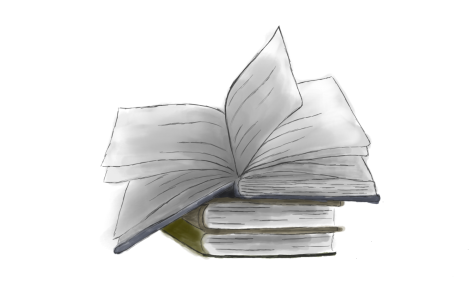 I think the main reason people dislike poetry so much is that it fails at being perfect and doesn’t live up to its potential for perfection. It also makes us humans feel like we also fail. If we cannot understand or create poetry, then we wonder if a core aspect of our humanity has been taken away. We have an ingrained tendency to be very literal in communication to ensure we are understood. Poetry breaks that by creating a power to capture and communicate a message like no other form of art.
I think the main reason people dislike poetry so much is that it fails at being perfect and doesn’t live up to its potential for perfection. It also makes us humans feel like we also fail. If we cannot understand or create poetry, then we wonder if a core aspect of our humanity has been taken away. We have an ingrained tendency to be very literal in communication to ensure we are understood. Poetry breaks that by creating a power to capture and communicate a message like no other form of art.
Yet, poetry creates a sense of empathy and gives us an entirely new reason to explore what we don’t understand.
Having deep conversations about art and even seeing the word “art” in a specific context can be enough to make us cringe. This is because we relate deep conversations and art with pretentious philosophizing. It is easy to tie these conversations to people who are convinced they are doing something exceptional. Poetry does not belong to the realm of the pretentious and highly educated; it belongs to everyone. No one is “under” poetry, nor is poetry “beyond” anyone. It’s a powerful combination of words that help us better express ourselves and make sense of the world and our place in it. Poetry sends us an invitation to understand perspectives and experiences different from our own. It can help us bridge cultural gaps, age differences, economic inequity, and other social issues.
Poetry is great at asking questions, disrupting the norm, and making us look at things differently by incorporating a diversity of voices and ways of thinking. That’s what poetry is for, and it’s up to us to embrace this powerful medium for diverse voices to speak and for others to listen.
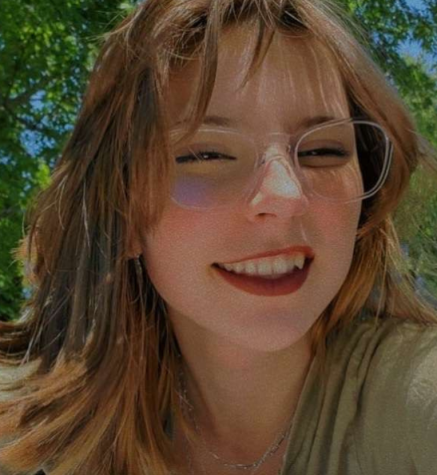
Jade is a senior and this is her first year on staff.
They are also on Madrigals head table and are involved with SHS’s fall musical. In her free...

